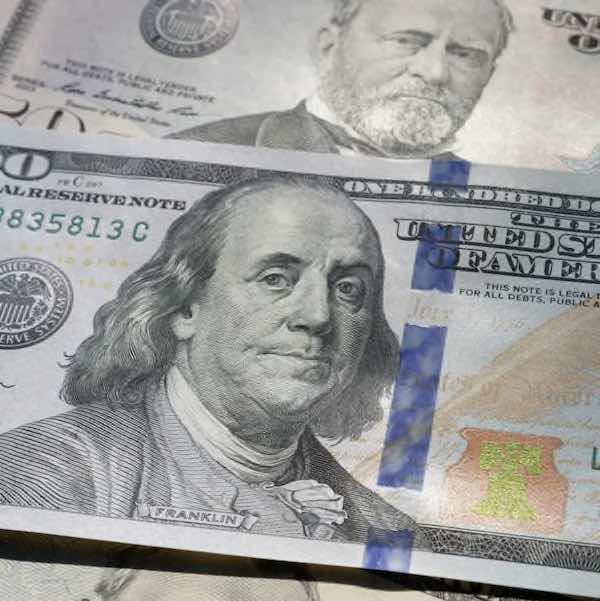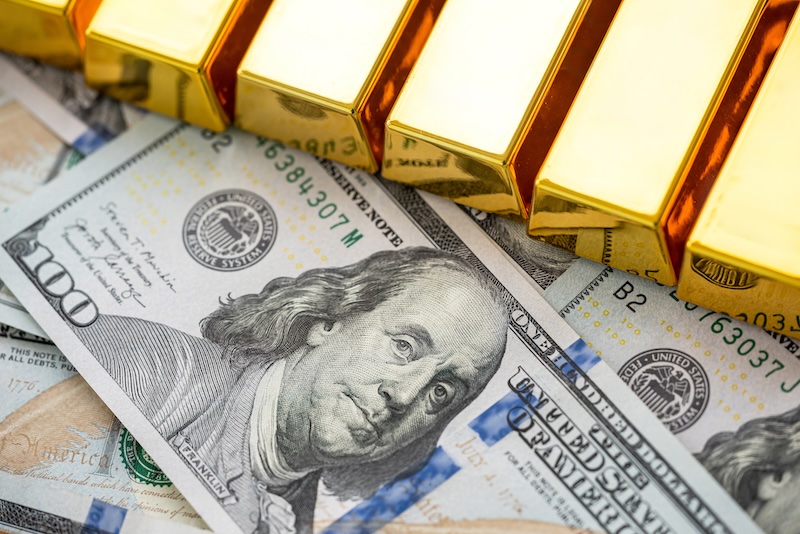Last year was a banner year for Central Banks wanting to buy gold bars and silver.
Recent reports from the Reserve Bank of India and other countries have shown that gold and silver continue to be a safe haven store of wealth in times of rising inflation.
The central bank’s gold reserves jumped from 668.25 tons to 743.84 tons in September 2021. That’s the largest purchase that has been reported by the Indian central bank since 2009. This increases the bank’s gold portfolio by more than 11% compared to a RBI report from September 2020.
The Reserve Bank of India (RBI) also purchased 118 tons of silver in 2020 and 2021.
Economists believe that RBI is solidifying its portfolio by increasing its gold and silver inventory during a time when inflation is affecting all major fiat currencies worldwide. Buying gold has been a trend in central banks worldwide in recent years as economies continue to recover from shutdowns related to the coronavirus pandemic.
The central banks of Thailand, Brazil, Singapore and Russia also reported large gold purchases in 2021.
The Monetary Authority of Singapore registered 26 tons of gold was bought by their central bank between May and June.
With economic outlooks from the Federal Reserve bleak, showing that inflation has continued to burden the US Economy, regulators are anticipating multiple interest rate increases from the Fed in the coming months as an attempt to reign in the rapidly increasing prices of basic necessities.
Recent economic reports released from the US Government show that consumer spending at levels needed to sustain the economic recovery.
However, with rampant inflation driving prices of everyday items to higher prices, the day to day frustration most American’s feel at the grocery store and gas pump has pushed the Biden administration approval ratings to new lows. Many central banks are also preparing for the future.
Many countries are looking towards cryptocurrencies as a way to help facilitate trade, with China pushing other countries including the United States to adapt as a way to prevent future supply chain disruptions.






